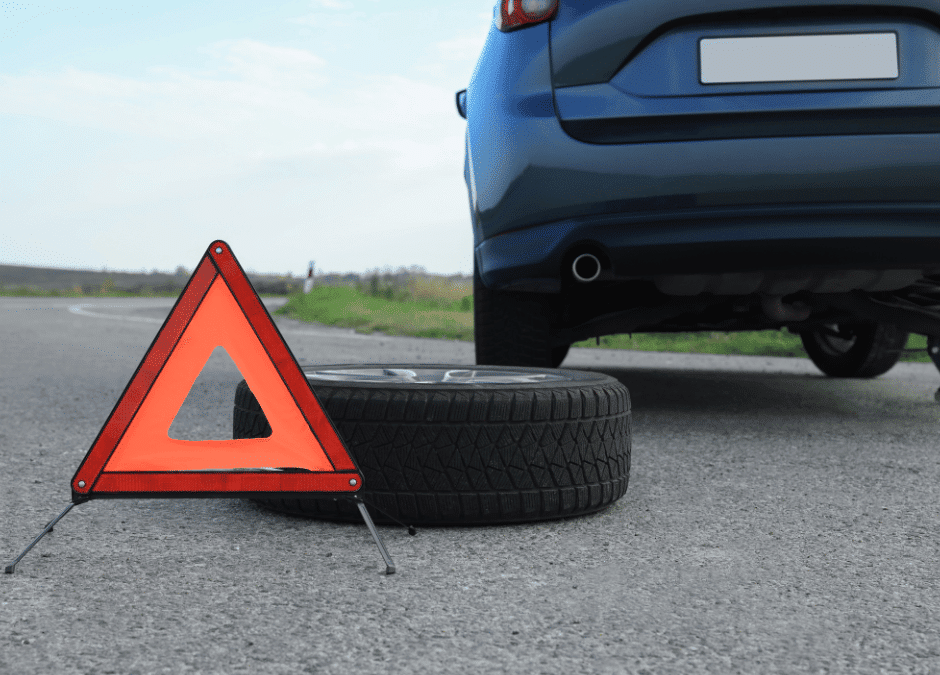Navigating the complexities of roadside emergencies begins with proactive vehicle maintenance. At Decatur Tow Services, we emphasize the importance of preventative care to avoid common vehicle issues that can leave you stranded. This guide is designed to equip you with practical maintenance tips that ensure your vehicle remains in excellent working condition, reducing the likelihood of unexpected breakdowns. Through routine upkeep and informed care strategies, you can significantly enhance the reliability and safety of your driving experience.
Understanding Roadside Emergencies
Roadside emergencies can range from simple mechanical failures to critical breakdowns that leave you stranded. Understanding these common issues, such as flat tires, engine troubles, or battery failures, allows you to proactively avoid them. By recognizing early signs of potential problems, you can address them before they escalate into full-blown emergencies, saving time, money, and stress.
Regular Vehicle Check-Ups
Consistent vehicle check-ups are crucial in catching issues before they lead to emergencies. A practical inspection should include checking engine performance, battery life, tire condition, and fluid levels. Establishing a routine check-up schedule can significantly extend your vehicle’s lifespan and enhance its safety on the road. Regular diagnostics can identify wear and tear before they result in breakdowns, making these check-ups an investment in your vehicle’s longevity and reliability. Aim to schedule inspections with a trusted mechanic at intervals recommended by your vehicle’s manufacturer.
Essential Car Maintenance Tips
Proper car maintenance is vital to avoiding breakdowns and ensuring your vehicle operates safely and efficiently. Here are some essential tips to help you maintain your car and prevent common issues that could lead to roadside emergencies.
- Regular Oil Changes: Changing your car’s oil regularly keeps your engine running smoothly.
- Brake Checks: Inspect your brakes regularly to ensure they function correctly when needed.
- Battery Maintenance: Keep your car’s battery clean and check it for signs of corrosion.
- Tire Pressure and Tread Inspection: Maintain the correct tire pressure and monitor tread wear for safe driving.
- Replace Air Filters: Regularly changing air filters improves engine efficiency and performance.
- Check and Replace Belts and Hoses: Inspect belts and hoses for wear and replace them before they fail.
How to Check Your Vehicle’s Fluid Levels
Maintaining proper fluid levels is vital for your vehicle’s operation. This includes regularly checking your engine oil, coolant, brake fluid, and transmission fluid. We’ll guide you through the process of checking each fluid, ensuring your car functions optimally and remains safe to drive. Proper fluid maintenance prevents overheating, lubricates moving parts, and ensures your brakes and transmission operate effectively. Regular checks allow you to spot leaks and other problems early, avoiding costly repairs and dangerous situations.
Tire Maintenance and Care
Tire upkeep is critical to avoid flat tires and blowouts. This section covers maintaining proper tire pressure, checking tread depth, and understanding when to replace your tires. Regular tire maintenance not only ensures safety but also improves fuel efficiency. Keeping your tires properly inflated and rotating them according to the manufacturer’s recommendations helps distribute wear evenly and extends their life. Regularly inspecting your tires for damage and wear can significantly reduce the risk of tire-related accidents.
The Importance of Battery Maintenance
A well-maintained battery is key to reliable car starts. Learn the signs of battery wear and how to maintain its health. This includes cleaning terminals, ensuring secure connections, and testing battery life, particularly before long trips or extreme weather changes. A failing battery can leave you stranded without warning, so checking its condition regularly is crucial. Simple maintenance steps can extend your battery’s life and ensure your car is always ready to go.
What to Include in Your Emergency Kit
An emergency kit is your safety net when you’re on the road. It should include items like flashlights, a first-aid kit, water, non-perishable snacks, and essential tools. We’ll help you assemble a comprehensive kit that prepares you for most roadside situations. Being well-prepared can make a significant difference in handling emergencies effectively and safely. A good emergency kit provides peace of mind and can be crucial in helping you manage until help arrives.
Contact Us for Emergency Assistance
Effective preventative maintenance is your first line of defense against unexpected roadside emergencies. At Decatur Tow Services, we’re dedicated to helping you keep your vehicle in top condition to avoid such situations. By following the maintenance tips provided in this guide, you can significantly reduce the chances of vehicle failures. However, if you ever need assistance, remember that our expert team is just a call away. We’re here to provide fast, reliable service to ensure you’re back on the road safely and swiftly.

Recent Comments